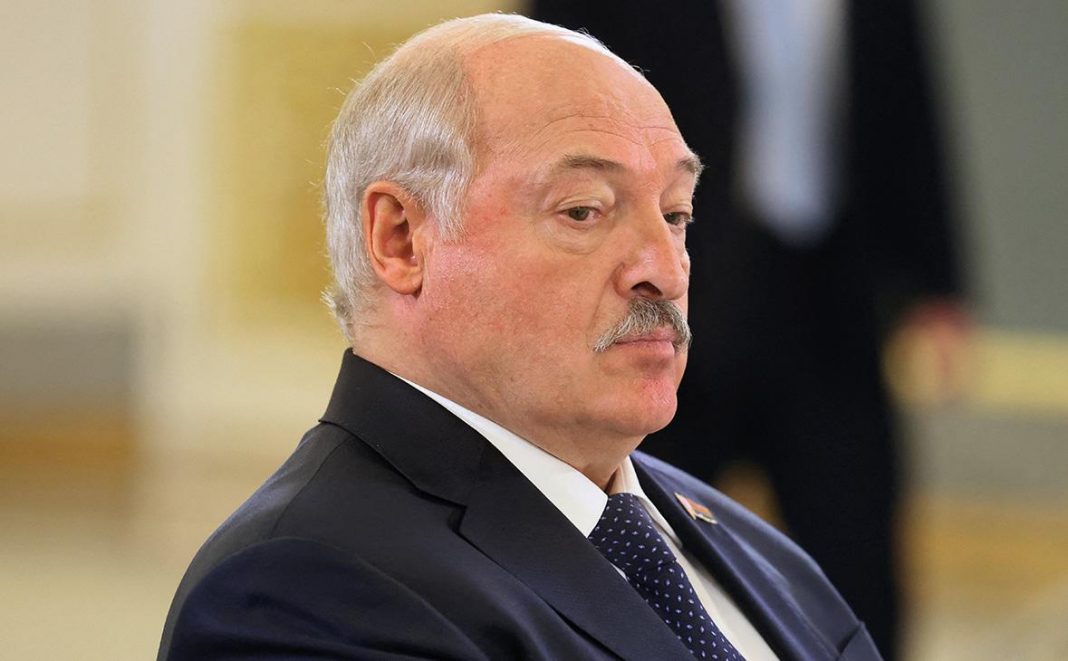At the beginning of May 2023, talks about the state of health of President of Belarus Alexander Lukashenko intensified significantly. After April 28, Lukashenko temporarily disappeared from the media space. On May 5, he appeared at the following event but looked rather sickly, read a short speech and spent about 10 minutes in front of the cameras. Then they started talking about Lukashenko’s illness and his possible resignation from the presidency. On May 9, he flew to Moscow for the parade on the occasion of Victory Day, but he could not read the congratulatory speech (Defense Minister Viktor Khrenin spoke instead). Also, Lukashenko did not stay for the gala dinner and flew to Minsk. He looked sickly; his right hand was bandaged.
In its recent analytical review of the socio-political situation in Belarus, Ascolta considered the main versions related to Lukashenko’s illness. However, at the end of May, several of our sources announced changes in the state of health of the Belarusian president, which caused particular concerns in the political environment.
In this article, Ascolta offers its own analysis of the internal political situation in Belarus, which can also have a significant impact on the geopolitical situation.
This Content Is Only For Subscribers
According to Ascolta, at the end of May, the state of health of the President of the Republic of Belarus worsened but is not critical. In early May, he underwent a traditional course of thyroid treatment. However, during the period of intensive care, he showed signs of an acute respiratory illness (almost simultaneously, his press secretary Natalya Eismont and one of the guards showed the same symptoms). As a result, doctors stated severe complications for the vocal cords and heart (myocarditis). Lukashenko’s unusually silent behaviour was connected with this.
Given the age-related changes and diabetes in the president, the disease proceeded with complications. Ascolta sources also point to Lukashenko’s kidney disease, in connection with which he underwent hemodialysis after returning from Moscow in mid-May. Now the President of Belarus is gradually restoring his health. Despite the restrictions set by doctors, Lukashenko is trying to demonstrate total efficiency.
Every year, Lukashenko undergoes treatment in the United Arab Emirates (Burjeel Hospital in Abu Dhabi). This information became publicly known in 2019. According to Ascolta, this year, he visited the clinic on the way from Zimbabwe to Belarus. It is known that a group of doctors from the UAE arrived in Minsk on May 4. Next to Lukashenko are his personal doctor Irina Abelskaya (mother of Lukashenko’s youngest son Nikolai), and another doctor from China. Also, doctors from the Bakulev Medical Center of Moscow were reached for consultations. Significant bursts of energy or sudden fatigue characterise Lukashenko’s health state.
Meanwhile, a severe power struggle unfolded in Lukashenko’s entourage. Ascolta offers its vision of the main groups of influence and actors who can claim to form a new government in Belarus in the event of further deterioration of Lukashenko’s health.
Natalya Kochanova (born September 25, 1960, in Polotsk). Chairman of the Council of the Republic (upper chamber) of the National Assembly of the Republic of Belarus. He heads the most pro-Russian so-called Vitebsk group in the Belarusian political. A close friend of Valentina Matvienko. This group also includes the head of the Presidential Administration, Igor Sergienko, speaker of the lower house Vladimir Andreichenko, and presidential aide Vladimir Kosinets (the latter is also actively involved in Lukashenko’s health as a doctor by profession). At the end of December 2022, a law was adopted in Belarus, according to which, in the event of the resignation of the president or his physical inability to perform his functions, the duties of the head of state are transferred to the chairman of the Council of the Republic. Kochanova is already trying to work actively both in Russia (last year, she received the Russian Order of Friendship, and in November, she was in Moscow on a three-day visit) and in Europe (on May 11, closed hearings were held at the Austrian Ministry of Foreign Affairs with the participation of representatives “team” Kochanova “, during which the Belarusian side announced plans in the event Kochanova came to power; they said that Kochanova had negotiated with Anna Kanopatskaya, a representative of the moderate opposition, offering her the post of prime minister). Kochanova also announced her desire to normalise relations with the West gradually.
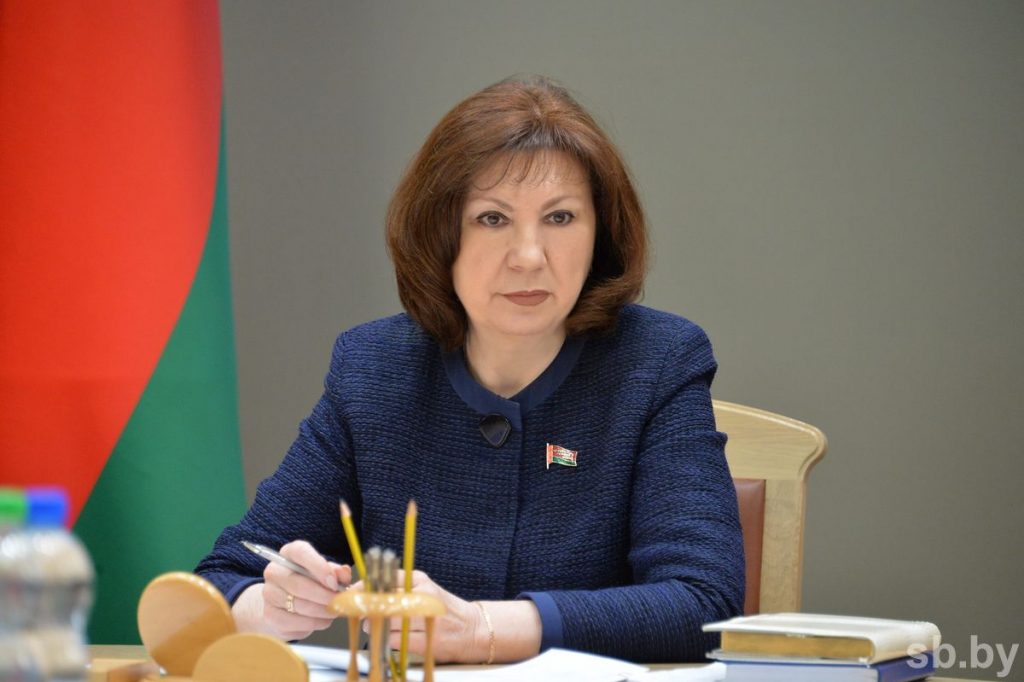
Alexander Volfovich (born June 28, 1967). State Secretary of the Security Council of the Republic of Belarus. Lieutenant general. According to the April Decree (2021), in the event of the forced removal of the President of the Republic of Belarus or an attempted coup, power in the Republic passes to the Security Council of the Republic of Belarus. This identifies Volfovich as one of the potential candidates for the post of head of state. He intends to enlist the support of another pro-Russian group, which includes Defense Minister Viktor Khrenin, Lukashenko’s head of personal security, Colonel Nikolai Karpenkov, and Prime Minister Roman Golovchenko. This group focuses on the Administration of the President of the Russian Federation. According to Ascolta, Colonel Karpenkov is on friendly terms with General Igor Maslov, head of the department for relations with the near abroad. Through Karpenkov, such odious propagandists as Shpakovsky, Azarenok and others are financed.
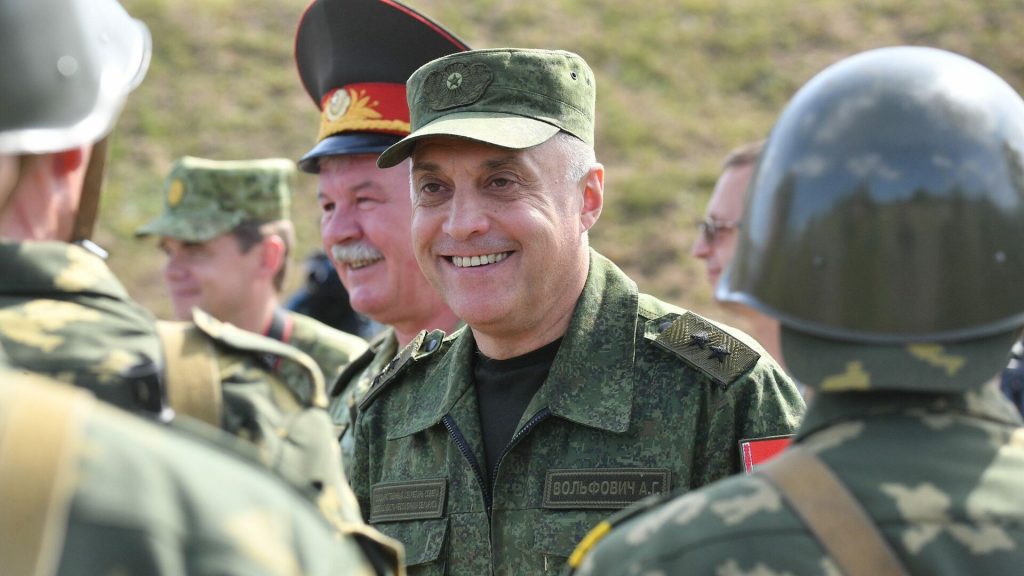
Andrey Ravkov (born June 25, 1967). Ambassador Extraordinary and Plenipotentiary of the Republic of Belarus to Azerbaijan. Colonel General. Former Minister of Defense and State Secretary of the Security Council of the Republic of Belarus. Ascolta sources call Ravkov a possible successor to Lukashenko. In Belarus, they say that the next president could be “a well-known diplomat and general, a bright patriot.” It is Ravkov who falls under these signs. He has close ties with Viktor Sheiman, who is responsible for contacts with Africa and China and oversees the private military company Guard Service. On the side of Ravkov, Lukashenko’s eldest son Viktor, Foreign Minister Sergei Aleinik, KGB head Ivan Tertel, and presidential aide Valery Vakulchik may come forward. The main condition for his nomination is the appointment of Viktor Lukashenko as prime minister and the improvement of relations with the West (while maintaining balances with Russia).
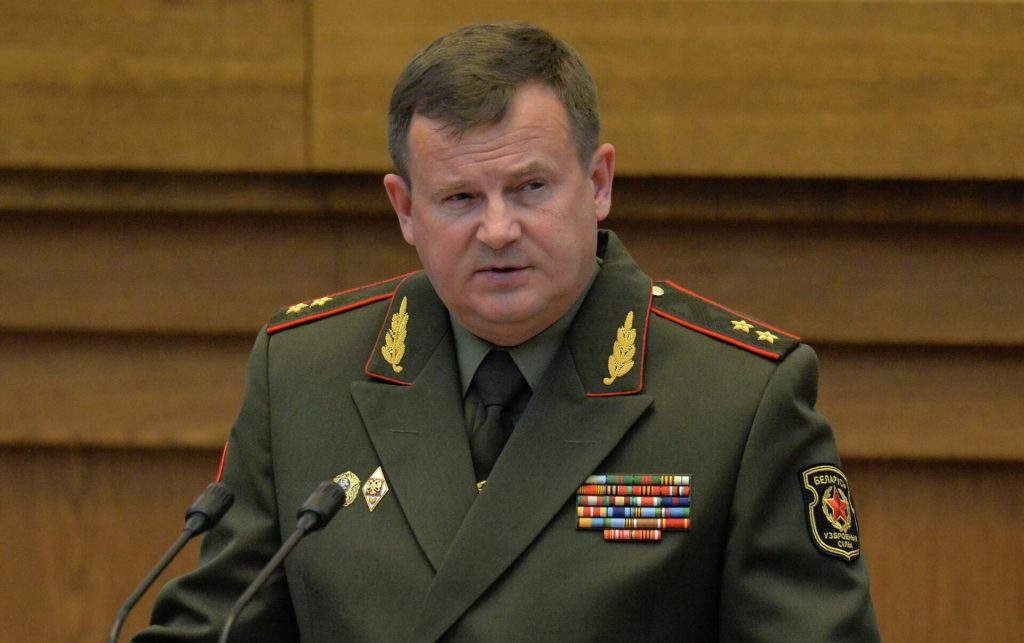
On June 1, Secretary of the Security Council of the Russian Federation Nikolai Patrushev, head of the FSB Alexander Bortnikov and head of the Russian foreign intelligence service Sergei Naryshkin arrived in Minsk. In addition, the heads of special services of other CIS member states also attended the joint meeting with Alexander Lukashenko. Ascolta previously wrote about plans to create a unified super-state intelligence structure following the example of the Western “Five Eyes” so this meeting can be viewed in this vein. However, Ascolta sources confirm the information about the discussion during the meeting of a possible transit of power in Belarus.
On the same day, it became known about the visit of Viktor Lukashenko to Beijing, which many analysts perceived as a demonstration of China’s position on the next president of Belarus. However, Ascolta is considering such an option only if certain conditions are met, which may appear shortly. First of all, we are talking about early elections in the Republic of Viktor Lukashenko getting a seat in the Council of the Republic (upper house), after which he can be appointed to replace Kochanova (it is noteworthy that Kochanova herself was appointed to this position according to the same scheme). In this case, Viktor Lukashenko can replace the president in the event of a severe deterioration in his father’s health.
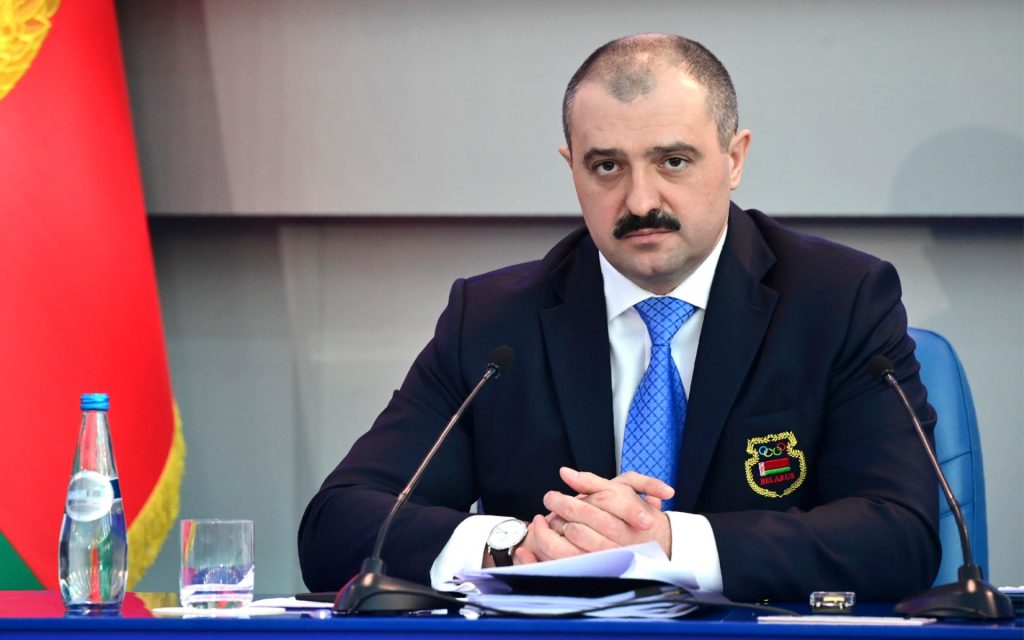
At the same time, one should pay attention to the positions of Interior Minister Ivan Kubrakov, presidential aide Yuri Karaev and Lukashenko’s press secretary Natalia Eismont, who do not yet demonstrate their positions but can have a severe impact on domestic political processes.
According to Ascolta, provided that Lukashenko resigns soon and the internal power struggle intensifies, the opposition representatives (Tikhanovskaya and company) do not have any tools of influence to create competition for Lukashenko’s entourage.
At the same time, it is worth noting that Russia has done everything to ensure its interests in Belarus under any conditions. Therefore, there is no need to talk about radical changes in the foreign policy of Belarus in the event of a transfer of power to another president. Given the serious influence on the foreign policy of the Republic of Belarus from China and the Vatican, Belarus will build a model of a “geopolitical triangle of balances” in the coming years.

